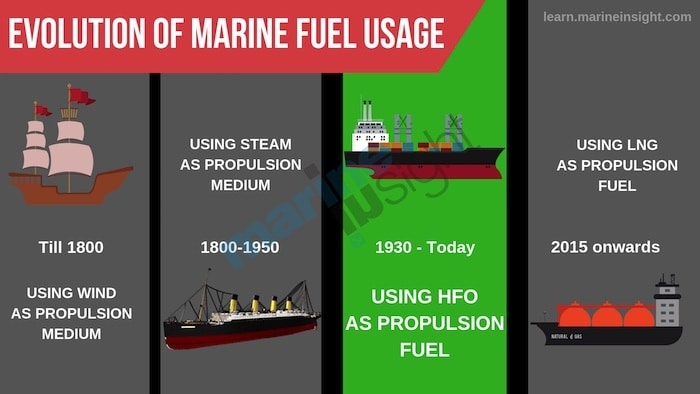Blog
The Importance of Marine Gas Oil in the Maritime Industry

Estimated Reading Time: 5 minutes
Key Takeaways:
– Marine gas oil is a cleaner and more efficient fuel option compared to marine diesel.
– Understanding the differences between marine gas oil and diesel is crucial for maritime industry fuel decisions.
– Marine gas oil offers environmental benefits such as reduced emissions and improved air quality.
Table of Contents:
– Introduction
– Difference between Marine Gas Oil and Diesel
– Characteristics of Marine Gas Oil
– Characteristics of Marine Diesel
– Common Uses of Marine Gas Oil
– Environmental Impact
– Conclusion
Introduction
Marine gas oil plays a crucial role in the maritime industry as a primary fuel source for various vessels. It is a type of fuel specially formulated for use in marine diesel engines. Marine gas oil is essential for powering ships, boats, and other maritime vehicles, ensuring they can operate efficiently and effectively.
Difference between Marine Gas Oil and Diesel
Characteristics of Marine Gas Oil
– Marine gas oil has a lower sulfur content compared to marine diesel, making it a cleaner fuel option for maritime use.
– It is more efficient than marine diesel, providing better performance and fuel economy for vessels.
– The higher quality of marine gas oil results in reduced emissions and a cleaner burning fuel source.
Characteristics of Marine Diesel
– Marine diesel tends to have a higher sulfur content than marine gas oil, contributing to increased emissions and environmental impact.
– It is less efficient than marine gas oil, requiring more fuel consumption for the same level of power output in vessels.
– The lower quality of marine diesel can result in higher maintenance and operational costs for marine engines.
Common Uses of Marine Gas Oil
Marine gas oil is widely used across various industries that rely on maritime transportation. From commercial shipping to fishing vessels, marine gas oil is a versatile fuel source that offers numerous benefits in specific applications.
In industries such as shipping, marine gas oil provides a cleaner and more efficient fuel option for powering large cargo vessels and passenger ships. Its higher quality also contributes to longer engine life and reduced maintenance costs for ship operators.
Environmental Impact
Using marine gas oil over diesel can have significant environmental advantages in the maritime sector. Marine gas oil produces fewer harmful emissions, such as sulfur oxides and particulate matter, resulting in lower air pollution levels and improved air quality.
Regulations and initiatives promoting the use of cleaner fuels in the maritime industry have encouraged the adoption of marine gas oil as a sustainable fuel option. By adhering to these regulations, ships can reduce their carbon footprint and contribute to global efforts towards environmental conservation (source: [insert URL]).
Conclusion
In conclusion, marine gas oil is a valuable fuel source for the maritime industry, offering a cleaner and more efficient alternative to marine diesel. Understanding the key differences between marine gas oil and diesel is essential for making informed decisions about fuel usage in maritime vessels.
We encourage further research or consultation for specific fuel needs in the maritime industry, as the choice between marine gas oil and diesel can have a significant impact on vessel performance, emissions, and operational costs. Choose marine gas oil for a cleaner, more efficient, and environmentally friendly fuel solution in the maritime industry.
FAQ
FAQ
What is Marine Gas Oil?
Marine gas oil is a specific type of fuel formulated for use in marine diesel engines, offering cleaner and more efficient performance compared to marine diesel.
What are the Environmental Benefits of Using Marine Gas Oil?
Using marine gas oil can lead to reduced emissions, lower air pollution levels, and improved air quality in the maritime sector, contributing to environmental conservation efforts.
How Can Marine Gas Oil Benefit Ship Operators?
Ship operators can benefit from using marine gas oil due to its higher quality, efficiency, and cleaner burning properties, leading to longer engine life and reduced maintenance costs.

